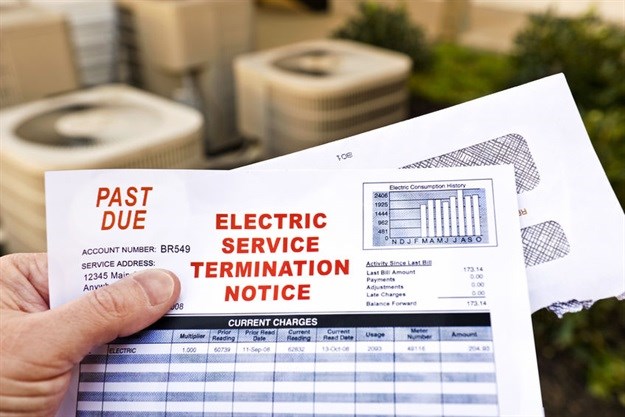
Facts of the case: For approximately five and a half years, Argent was charged for their estimated water consumption. Argent duly paid these charges. During this period the Ekurhuleni Municipality failed to take actual readings of the water meter. In 2015, Argent received a bill for the difference between its actual usage and estimated consumption amounting to R1,152,666.98. Relying on prescription, Argent claimed that they were not liable for discrepancies in the costs, which were older than three years at the time when they finally received the bill.
The municipality challenged this argument on the following grounds:
The municipality lost on both of these points.
Precedent set by this judgment: